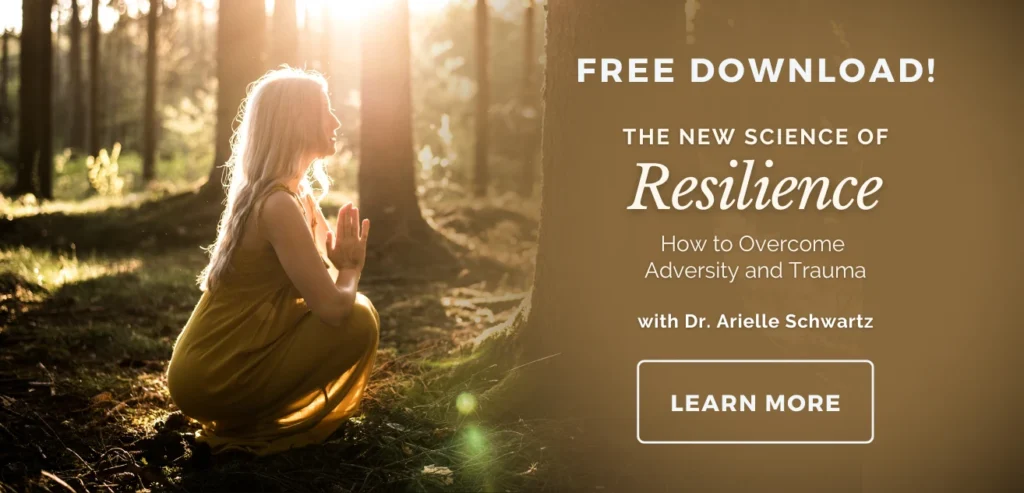How Mindfulness Can Boost Your New Year’s Resolve
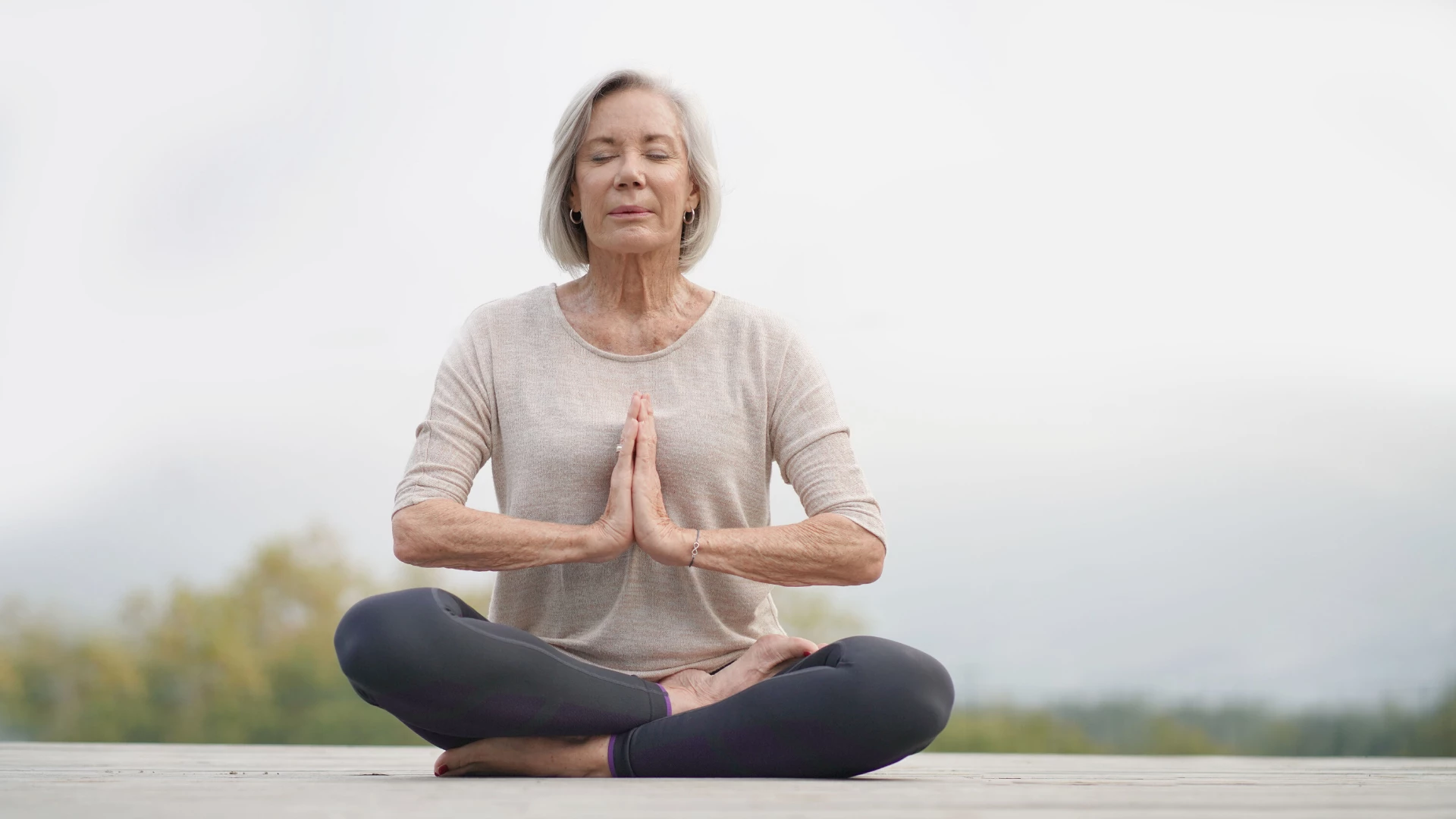
Do you make New Year’s resolutions? How do they usually pan out for you?
The new year seems like a good time to start with a clean slate. Resolving to change habits that no longer serve and develop newer, healthier habits is a worthy practice. But most of us have found out through experience that it’s not always as easy as we think it should be.
Habits are powerful. Our repetitive actions and thoughts lay down grooves in our bodies and minds. The more we practice them, the more unconscious they become. Jeremy Dean, psychologist and author of the blog PsyBlog and the book, Making Habits, Breaking Habits: Why We Do Things, Why We Don’t, and How to Make Any Change Stick, says that habits make up about 50 percent of all the actions we perform each day.
Most of the habits we practice each day are quite useful—habits such as locking the door when we leave the house, brushing our teeth after eating, donning our seat belt, or doing what it takes to be on time for work and appointments.
Still, there are other habits that aren’t so useful, habits that range from the merely annoying—like biting your nails or cracking your knuckles—to habits that threaten our health and well-being or that of others—like habits of overconsumption (eating, drinking, smoking) or venting our anger inappropriately.
So we choose New Year’s—the time of new beginnings—to create a new intention. While our current habits do have lots of momentum, there are tools available to all of us that can help us unhook from well-worn patterns. In my experience, the most powerful tool is mindfulness.
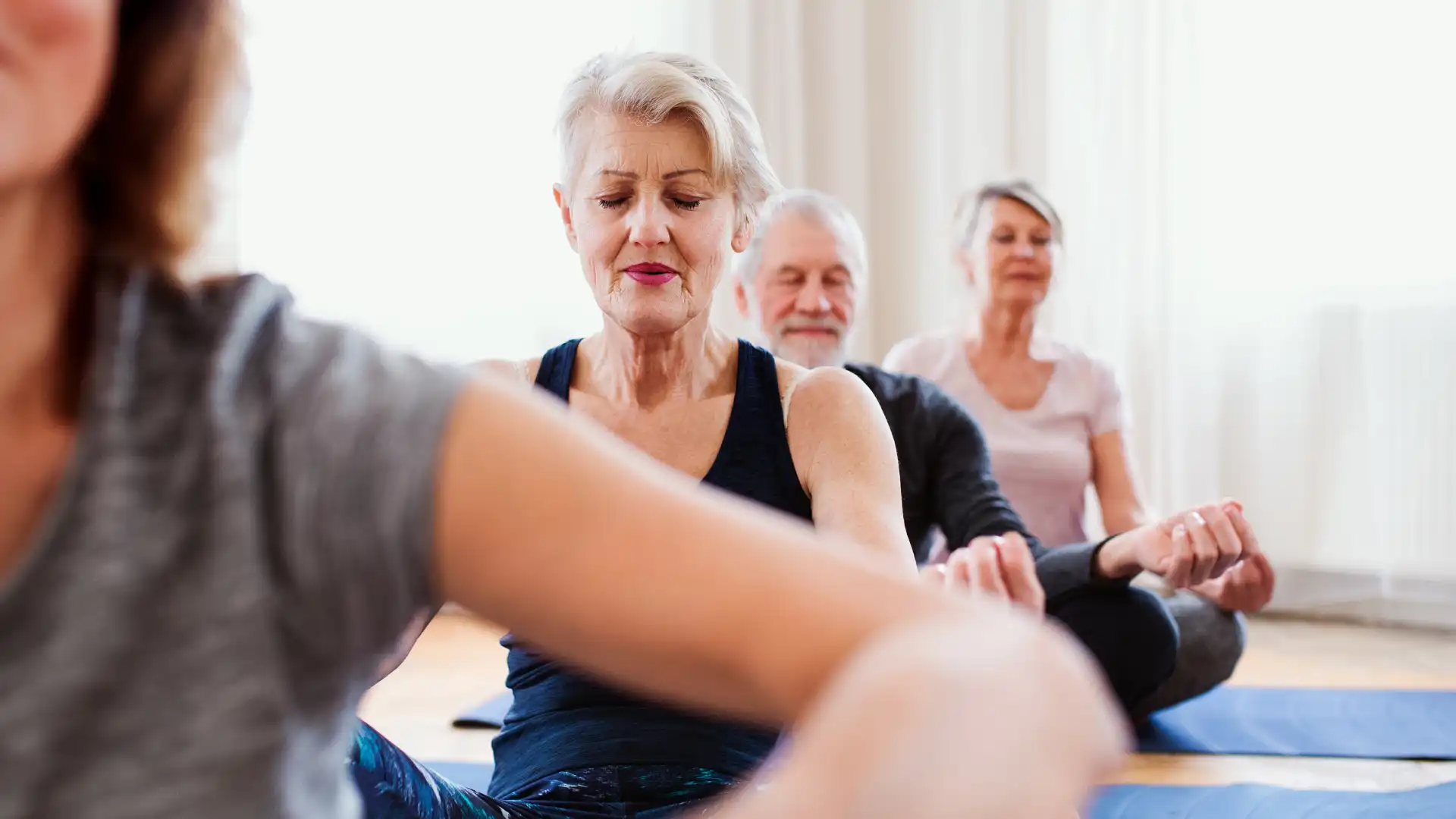
The Power of Choice
I started practicing Insight meditation in the 1980s. It took very little time on the cushion for me to figure out that my mind was lost in thoughts, reveries, snippets of music, and emotional dramas 99.9999999 percent of the time. From there, it didn’t take long to figure out that 99.9999999 percent of the mind-stuff passing through was the same recycled stuff repeating endlessly. Such is the power of habit.
As I began to recognize my unconscious patterns of thinking and reacting, I started to be able to recognize them earlier and earlier in the process. This enabled me to stop feeding the patterns before they took hold of me and created often unhealthy reactions. As I stopped feeding my habits, I found that there was space for new, creative energy.
The power of mindfulness is that it gives us a choice. Because our habits are mostly unconscious, they seem entirely normal for us. Mindfulness provides us with the opportunity to slow down and examine the thoughts and actions we’re investing in. When we observe them—and their power over our actions—we then have the choice as to whether to continue nourishing them or to stop giving them our energy. The power of choice is the greatest power we have.
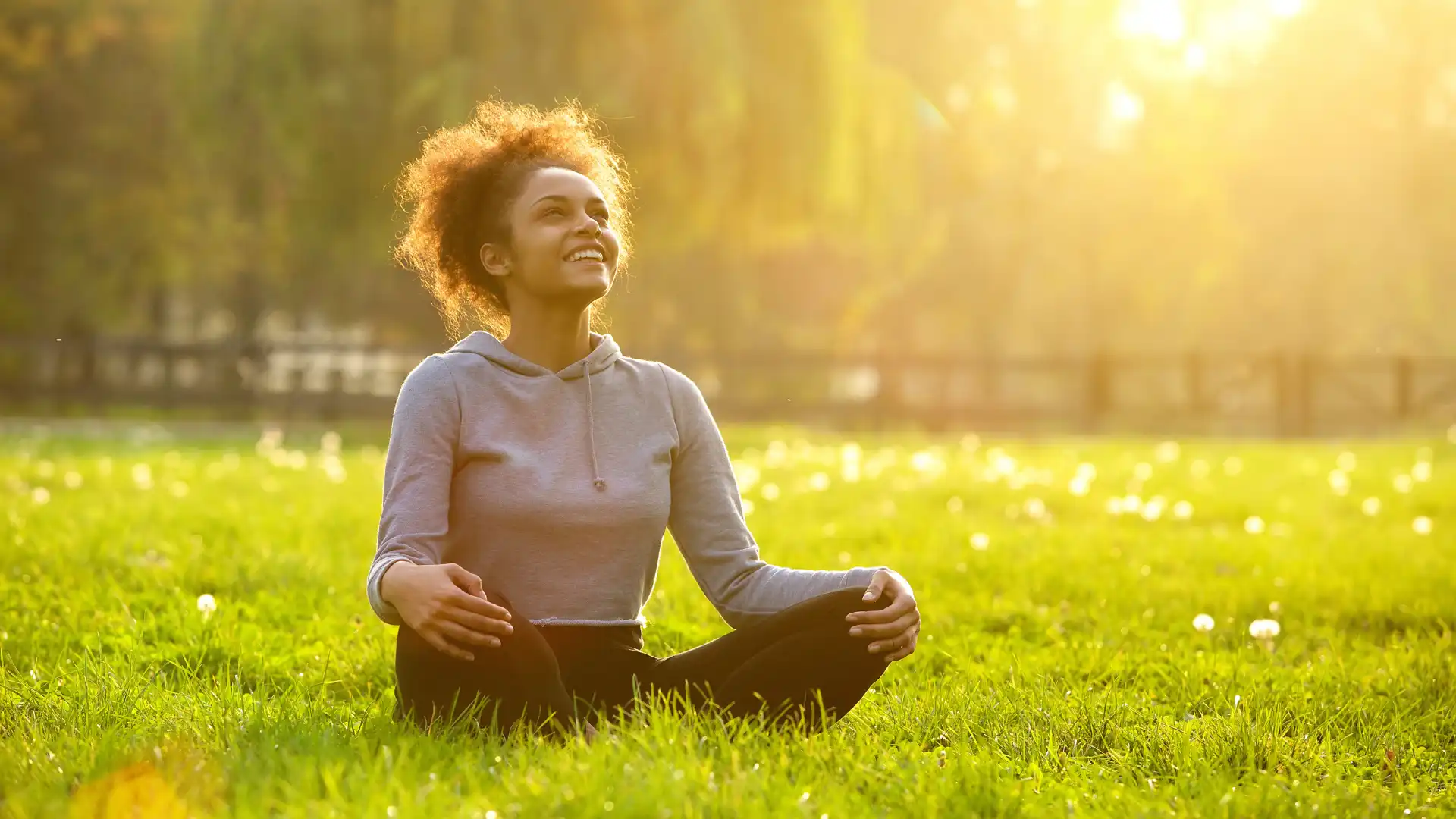
Mindfulness and Your New Year’s Resolutions
Most of our ingrained habits stem from patterns of desire or aversion. For example, if we want to stop eating impulsively, we have to recognize the energy of desire that underlies the habit. Say you have a sudden urge to binge on donuts. When you can stop and recognize the root energy of desire, and simply be present with that energy, you can watch it come and go. It’s just desire. It’s an impermanent state that will eventually pass. You don’t have to act on it.
If you want to stop a habit of responding to situations by lashing out, you can be aware of the energy of anger as it arises. If you can stay with the energy as it comes, peaks and fades, you’re less likely to act out.
Mindfulness is a skill that takes years to develop. It’s beneficial to remember this and to be patient with the process and with ourselves. We can start by setting aside a time each day—five minutes to an hour or more—where we settle into a corner of our house and simply sit and watch our minds.
When thoughts arise—and they will—there’s nothing you need to do with them. Either indulging them and trying to push them away will give them energy. Simply observe. Know that thinking is happening. Some days thinking will be rampant; some days, your mind will be quieter. Over time, our habits change. Be patient.
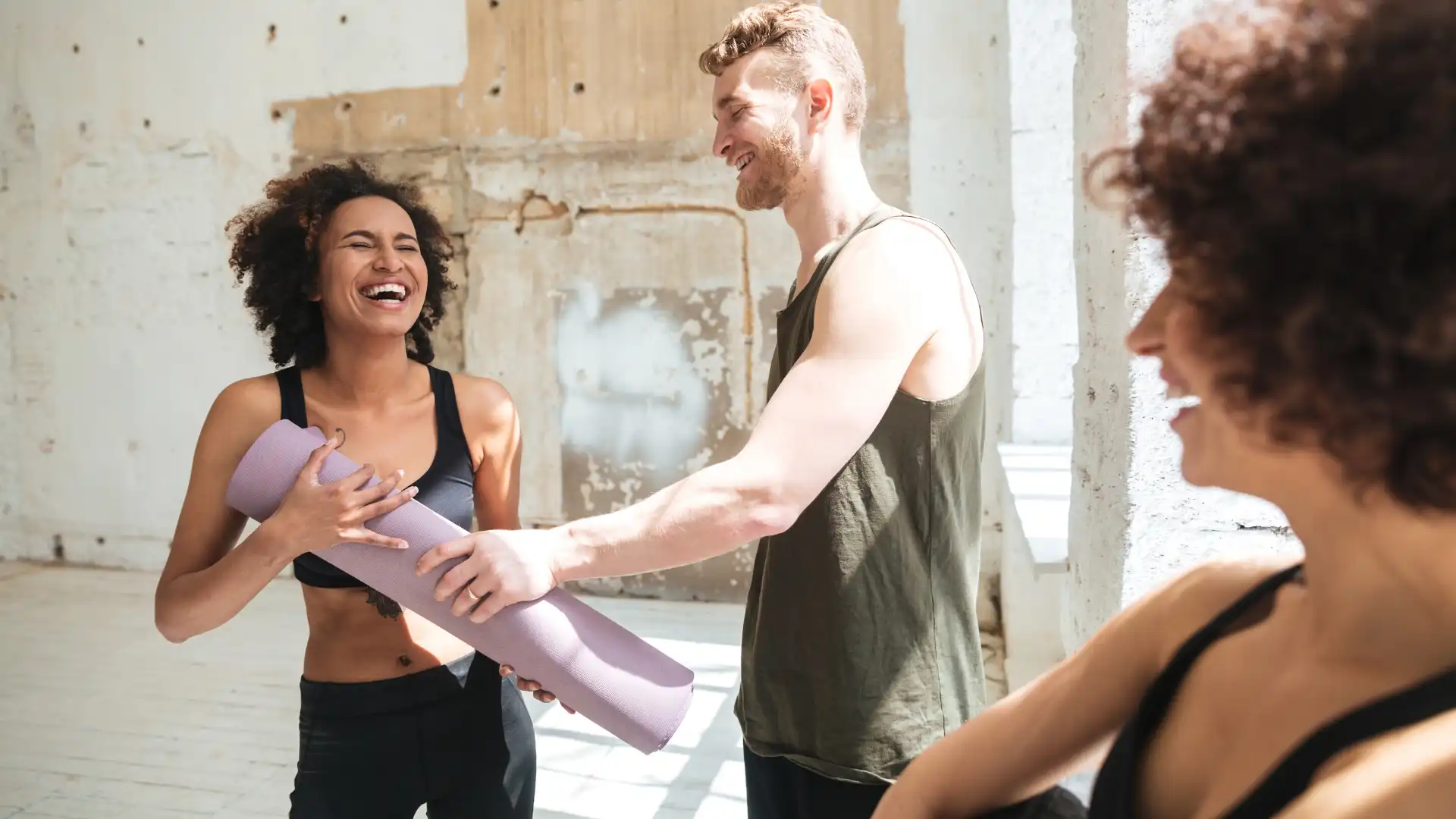
Tips for Making Your Resolutions Stick
The habit of mindfulness takes years to hone. The more you practice, the more subtle it becomes. So what can you do right now to help your resolutions become habits? Here are a couple of suggestions:
- Be specific. Rather than resolving to lose weight or start a meditation practice, picture the particular situation you’d like to cultivate.
- Then, and this is really important, think of an action that will accomplish this. Again, be specific.
Here’s an example:
Say you want to develop a meditation practice.
- Identify how much time you’d like to spend, keeping in mind what is practical given your schedule, family, and work commitments. If five minutes is all you can commit to at the moment, that’s fine. Some days you may be able to practice longer. But commit to those five minutes. It’s generally more helpful to practice a little bit every day than it is to skip practice on most days and try to make up for it by practicing for an hour once a week.
- Find a corner of your house or apartment where you can keep your meditation cushion or bench set up so that it’s not a huge effort to set it up each day.
- Set a consistent time of day. The first thing in the morning works well for most people. Phone calls, emails, meals, errands, work, and relationship commitments are more likely to come up later in the day. Once that happens, it’s easy to forget to practice.
- Be flexible. The reality of most of our lives is that some days we will need to forgo formal practice. We don’t do ourselves any favors by scolding ourselves for missing practice once in a while. Even if you can’t sit for a formal practice on a given day, choose a daily activity—brushing your teeth, washing dishes, drinking a cup of tea or coffee—and give it your full attention.
Changing habits requires commitment, but it also requires compassion. Identify your resolve, make a specific commitment, and then watch it unfold.
Also, read...
Your Brain on Yoga: 4 Ways Yoga May Help Mitigate Cognitive Decline
Avoiding the Resolution Blues: How to Make Your New Year’s Resolutions Count
Molecular Magic: New Review Study Suggests Your Yoga Practice Gene Expression
Related courses

Charlotte Bell began practicing yoga in 1982 and began teaching in 1986. She was certified by B.K.S. Iyengar in 1989 following a trip to Pune. In 1986, she began practicing Insight Meditation with her mentors Pujari and Abhilasha Keays. Her asana classes blend mindfulness with physical movement. Charlotte writes a column for Catalyst Magazine and serves as editor for Yoga U Online. She is the author of two books: Mindful Yoga, Mindful Life, and Yoga for Meditators, both published by Rodmell Press. She also edits Hugger Mugger Yoga Products’ blog and is a founding board member for GreenTREE Yoga, a non-profit that brings yoga to underserved populations. A lifelong musician, she plays oboe and English horn in the Salt Lake Symphony and the folk sextet Red Rock Rondo whose 2010 PBS music special won two Emmys.



